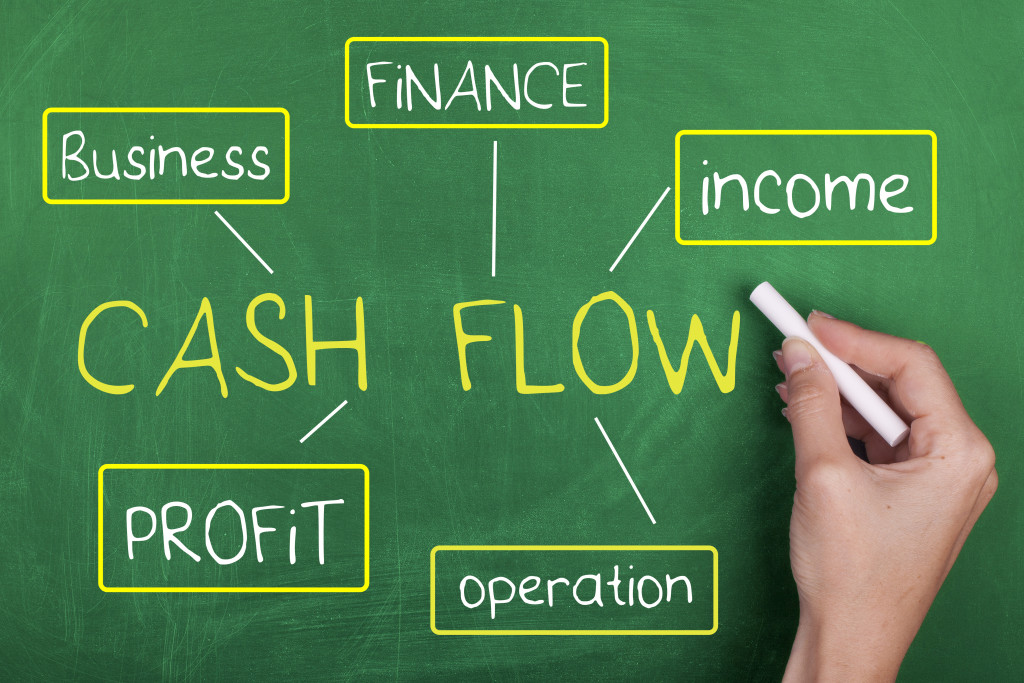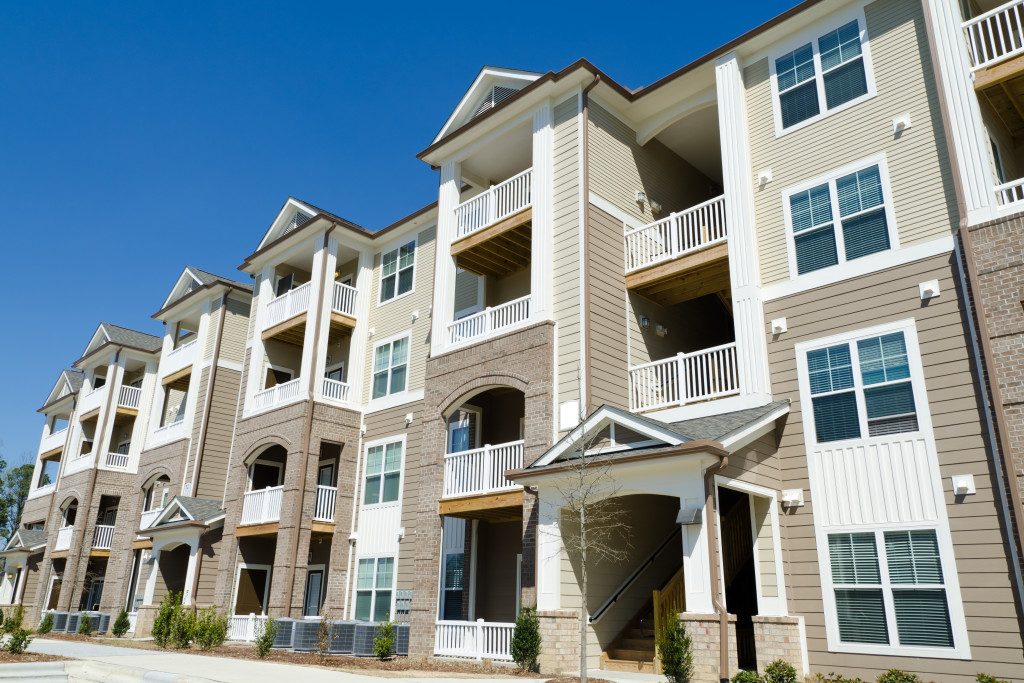- Keep property well-maintained to avoid costly repairs.
- Screen tenants thoroughly and prioritize retention for steady income flow.
- Stay financially astute by keeping records, knowing tax deductions, and having a financial cushion.
- Enhance energy efficiency to attract eco-conscious tenants and save on utility bills.
- Regularly review rental strategies and adapt to the changing market.
Navigating the rental market as a property investor can be challenging, but with the right strategies, you can maximize your returns and secure long-term profitability. The key lies in enhancing the value and appeal of your property, reducing overheads, and ensuring legal compliance. As you delve into property rental, remember that the most successful landlords balance smart investments with exceptional tenant relations.
1. Optimize Your Rental Pricing Strategy
Understanding the balance between competitive pricing and maximum returns is crucial. Set the rent too high, and you might deter potential tenants; too low, and you undercut your profitability. Conduct thorough market research to gauge the going rates in your area. Consider location, property size, and amenities when comparing your property to others.
Once you have established a baseline, you can offer slight discounts for longer lease terms, which ensure stability and reduce turnover. Conversely, you could slightly increase rent for short-term rentals or furnished properties, capitalizing on the added convenience you offer. Regular reviews of your rental strategy are important as the market evolves, ensuring you stay competitive and profitable.
2. Maintain and Upgrade Your Property Regularly

Keeping your property well-maintained is not just about aesthetics; it’s about preventing costly repairs down the line.
Here are tips to maintain and upgrade your property:
Perform Regular Safety Checks
Ensure that all safety features, such as smoke detectors, carbon monoxide detectors, fire extinguishers, and security systems, are fully functional. Regularly check the property’s structural integrity, including roofs, walls, and flooring. This not only safeguards your tenants but also protects your investment.
Invest in Quality Appliances
Having reliable and efficient appliances can significantly enhance a tenant’s experience, leading to longer tenancies and less turnover. Research and invest in quality brands known for their durability and energy efficiency.
Keep Your Property Clean
Cleanliness is an essential aspect of property maintenance. Regular cleaning prevents the buildup of dirt and grime, potentially saving you from expensive repairs or replacements. Hiring a professional cleaning service for deep cleaning tasks can be effective.
Landscaping and Exterior Maintenance
Don’t forget the exterior of your property. A well-maintained yard or garden area can dramatically increase the curb appeal of your property. Regularly trim overgrown bushes, mow the lawn, and keep walkways clear. A fresh coat of paint on the exterior can also make your property stand out.
3. Implement Strict Tenant Screening and Retention Practices
Attracting and retaining the right tenants is vital for consistent rental income. A thorough screening process can help you find tenants who will pay on time and treat your property respectfully. Check credit scores, references, and rental history before signing any lease agreement.
Once you have reliable tenants, focus on keeping them happy to encourage lease renewals and minimize vacancy rates. Be responsive to their needs and maintain open communication. Consider offering incentives for lease renewals, such as small upgrades or a free month’s rent after a certain period. A stable tenant is worth their weight in gold in the rental business.
4. Be Financially Astute with Your Cash Flow and Tax Deductions

Financial understanding is critical. Keep meticulous records of all income and expenses related to your rental property. This helps with budgeting and forecasting and ensures you are prepared for tax time. Regarding taxes, educate yourself on what deductions are available to rental property owners, such as interest on your mortgage, property taxes, operating expenses, depreciation, and repairs.
Always keep a buffer for unexpected expenses. This financial cushion can be between weathering a vacancy period or a major repair and falling into negative cash flow. Additionally, look into landlord insurance to protect yourself from significant financial loss in the case of property damage or liability claims.
5. Enhance Your Property’s Energy Efficiency
An energy-efficient property is not only more attractive to eco-conscious tenants. Still, it can also lead to savings on utility bills, which is a selling point if these are included in the rent. Start with an energy audit to identify areas for improvement. Simple changes like LED lighting, efficient water fixtures, and proper insulation can make a big difference.
Moreover, obtaining an Energy Performance Certificate (EPC) can boost your property’s marketability. An EPC provides information about a property’s energy use and typical energy costs, along with recommendations on reducing energy consumption and saving money. An impressive EPC rating can be a deciding factor for potential tenants and allow you to command a higher rent, all while ensuring that your property remains environmentally responsible.
Final Words
In the ever-changing landscape of property rentals, staying informed and adaptable is key to success. Set competitive rents based on meticulous market research and review your pricing strategy regularly. Maintain and upgrade your property proactively to prevent costly repairs and enhance tenant satisfaction. Employ rigorous tenant screening and prioritize retention to ensure a steady income flow.
Be prudent with your finances, maximizing tax deductions and reserving unforeseen expenses. Lastly, increase the energy efficiency of your property and highlight these measures through your EPC rating, aligning with environmental values and potentially attracting a wider tenant base. With these strategic approaches, you’re well on making your rental investment more profitable and sustainable in the long term.






